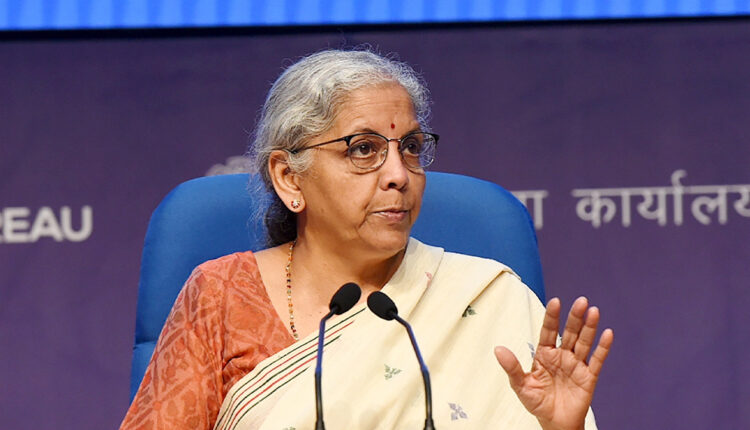The Union Minister for Finance and Corporate Affairs, Nirmala Sitharaman, while presenting the Interim Budget 2024-25 in Parliament today asserted that by unifying the highly fragmented indirect tax regime in India, GST has reduced the compliance burden on trade and industry.
“According to a recent survey conducted by a leading consulting firm, 94 per cent of industry leaders view the transition to GST as largely positive and according to 80 per cent of the respondents, it has led to supply chain optimization” she said. Smt. Sitharaman further added that at the same time, tax base of GST more than doubled and the average monthly gross GST collection has almost doubled to ₹ 1.66 lakh crore this year.
Talking about the increased revenue of States, the Finance Minister said that States’ SGST revenue, including compensation released to states, in the post-GST period of
2017-18 to 2022-23, has achieved a buoyancy of 1.22. In contrast, the tax buoyancy of State revenues from subsumed taxes in the pre-GST four-year period of 2012-13 to 2015-16 was a mere 0.72. The Union Finance Minister asserted that the biggest beneficiaries are the consumers, as reduction in logistics costs and taxes have brought down prices of most goods and services.
Quoting the National Time Release Studies, the Minister said that the steps taken in Customs to facilitate international trade has resulted in a decline in the import release time by 47 per cent to 71 hours at Inland Container Depots, by 28 per cent to 44 hours at air cargo complexes and by 27 per cent to 85 hours at sea ports, over the last four years since 2019.



806615 816929I recognize there is definitely a great deal of spam on this weblog. Do you want assist cleansing them up? I may support in between classes! 404336
912 425209hey I was really impressed with the setup you used with this weblog. I use blogs my self so excellent job. definatly adding to bookmarks. 266351
823104 21435Following study some of the weblog posts in your web site now, and i genuinely such as your technique for blogging. I bookmarked it to my bookmark website list and are checking back soon. Pls appear into my web web site likewise and make me aware what you consider. 966106